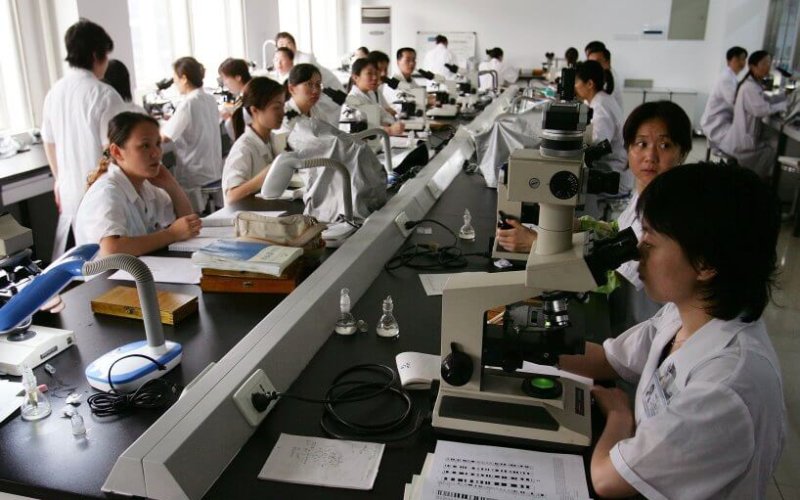As China’s advances in biotechnology come closer to the secrets of life, they pose tantalizing prospects for the future. But when standards for research on the latest technological frontiers are being set by a government that has always prioritized power over ethics, there’s also plenty of cause for concern.
It was not until 1998 that the Chinese Ministry of Health established an ethics committee and issued the first set of guidelines on medical ethics in China.
…
After years of denial, the Chinese government acknowledged in 2006 its decades-long practice of harvesting organs from executed prisoners, and it has progressed toward a registry with volunteer donors. Nevertheless, many of the country’s rules and regulations, as in other fields, exist more on paper than in practice.
…
The willingness to overlook safety for financial gain hints at a greater challenge with bioethics in China — not just structural, but ideological. Authoritarian states naturally prioritize the strength of their own power, including the size of their economy, above all else; this runs contrary to, and inevitably undermines, the healing purpose of medicine.
…
When science is used in service of legitimizing an authoritarian system, the resulting research, however successful it might appear to be, inevitably abandons cosmopolitan ideals.
…
A secure future demands that all stakeholders come together in good faith to reach a collective agreement in the development and utilization of biotechnology.
Editor’s note: Yangyang Cheng is a postdoctoral research associate at Cornell University’s Cornell Laboratory for Accelerator-based ScienceS and Education (CLASSE), and a member of the CMS experiment at the Large Hadron Collider
Read full, original post: China Will Always Be Bad at Bioethics































